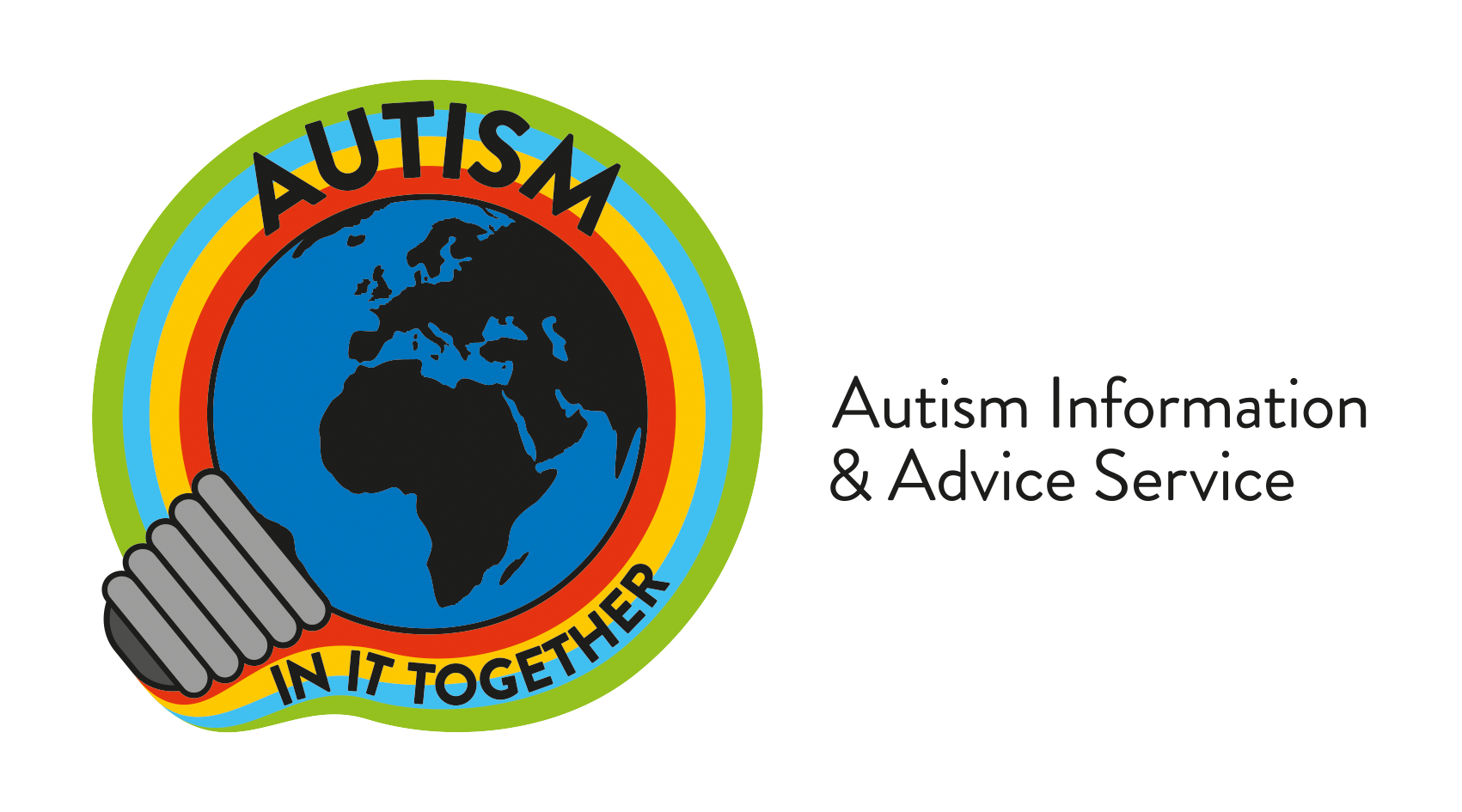ما هو مرض التوحد
التوحد - أو حالة طيف التوحد (ASC) - هو مصطلح يستخدم لوصف حالة نمو عصبي معقدة that affects how a person experiences and understands the world around them. Being autistic does not mean you have an illness or disease. It means your brain works in a different way from other people.
Autism is something you are born with. Some signs of autism may be noticed when you are very young or not until you are older. If you are autistic, you are autistic your whole life. Autism is not a medical condition with treatments or a cure. Some autistic individuals may need more support and help with certain things.
Autistic individuals may also have a different way of learning, moving, or paying attention to what is going on around them. ASC هو مصطلح واحد فقط يستخدم لوصف هذه الحالة.
It has also been referred to as Asperger’s (primarily differentiated from autism by the person’s language skills), autism, Autism Spectrum Disorder (ASD), classical autism, high functioning autism, kanner autism, Pathological Demand Avoidance (PDA), and Pervasive Developmental Disorder (PDD).
These different terms are used by different groups of people, depending upon the agenda of their diagnosis, the toolkits used to for the diagnosis, as well as the primary characteristics of the person undergoing the diagnosis. In the UK, ASD is the most used term, particularly by medical professionals. Here at the Autism Information and Advice Service, we prefer to use the term ASC (autism spectrum condition), as this is becoming more commonly used by the autistic community, as the language has more positive connotations. The important thing to note is that the variety of names used to describe autism and the traits they refer to reflect the wide array of ways autism is experienced.
As autism is a condition that affects how a person perceives the world around them, many aspects of everyday life can therefore be much more challenging for an autistic individual. Activities that النمط العصبي (the word used to describe people who do not have autism) individuals often take for granted, can in fact be overwhelming for an autistic person. For example, shopping at the supermarket, going to the cinema, attending a job interview, or going on a night out. All these activities include navigating a series of unpredictable situations, interacting, and communicating with lots of different people, and coping with a variety of competing sensory experiences. When we consider this, it is easy to understand why autistic individuals often describe the social world as overwhelming and significantly anxiety inducing.

An autistic individual may therefore find the following challenging:
- التفاعل والتواصل مع الآخرين - وخاصة الغرباء
- فهم السخرية والاستعارات أو الأفكار المجردة
- دمج التجارب الحسية المتنافسة - بما في ذلك اللمس والضوضاء والشم والضوء والألوان
- معالجة وفهم ما يحدث من حولهم
- التعامل مع تغيير الروتين أو موقف غير متوقع
- فهم مشاعر الآخرين والاستجابة لها
Because of the unique way an autistic person’s mind works, they may also exhibit the following characteristics, which other people may find difficult to understand:
- اهتمام قوي بشكل غير عادي بموضوع أو موضوع معين
- الأفعال أو السلوكيات المتكررة
- الاستجابات أو التعبيرات العاطفية غير النموذجية
- تحت أو أكثر من رد فعل لمحفزات حسية معينة أو كراهية شديدة لشيء ما
- عادات الأكل المقيدة
- الحاجة إلى روتين صارم أو تطوير سلوك معتاد
It is therefore easy to see why an autistic person may feel ‘different’ to others and why they may find the social world and building relationships with non-autistic individuals frustrating.
The many challenges that an autistic individual may face and the common traits of autism are often broken down into three specific categories:
- ضعف في التفاهم الاجتماعي والعلاقات
- ضعف التواصل والتفاعل
- ضعف الفكر التخيلي وعدم المرونة في الأفكار والسلوكيات
However, it is important to recognise that all autistic people experience their autism differently. When thinking about autism, it is helpful to remember that everyone’s autism is different – this is why it is called a spectrum condition.
It is not currently understood what causes autism and lots of research is being conducted to better understand how and why autism develops. One thing that we know for definite about autism is that it is not caused by a person’s upbringing, how they were parented or their social circumstances and is not any fault of their own that they have autism. There is no ‘cure’ for autism (and many would argue, no need for one). Instead, individuals with autism develop coping strategies to better manage the social world around them. For example, common coping strategies include:
- تطوير روتين أسبوعي - على سبيل المثال ، ليلة الاثنين هي ليلة تسوق الطعام ، ليلة الثلاثاء هي ليلة الأسرة ، وهكذا
- إنشاء دعائم مرئية - مثل عمل قوائم أو جداول أو رسم خريطة للمكان الذي من المقرر زيارته
- استخدام العبارات أو الخطط التوجيهية - مثل قول "أولاً سأفعل X ، ثم سأفعل Y"
- حمل معدات الدعم الحسي - مثل النظارات ذات العدسات الملونة أو واقيات الأذن
- لعب الأدوار أو التدرب على تجارب جديدة - مثل التحضير لمقابلة عمل مع صديق
- موازنة ضغوط الأنشطة اليومية مع الاستمتاع بمصالح معينة - لذلك تكريس أمسياتهم للقراءة حول اهتماماتهم التي يختارونها
- أخذ فترات راحة منتظمة
- الانفتاح على احتياجاتهم وطلب الدعم
Finally, it is important to note that how autism presents in men and women is different and that historically, research claimed that only men could be autistic. This has since been proven false. However, as a result of this, not only has the general understanding of autism developed with a male-centred bias, but it also means that many girls and women have been missed as requiring a diagnosis. Current research is now being conducted to correct this bias and to better understand how girls and women experience autism
.
If you wish to learn more about autism and how to support autistic individuals, you may wish to explore the awareness raising and training packages we offer.

